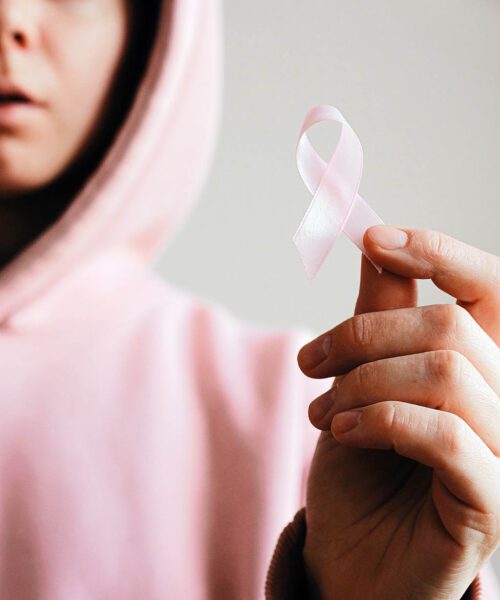Living With Anxiety After Breast Cancer: What You Need to Know

It is common to feel anxious after breast cancer. Many women experience anxiety in the months and years following treatment. This is normal, and there are many ways to cope with it. In this blog post, we will discuss the different types of anxiety women may experience after breast cancer and some treatment options. We hope that this information will help you live a happy and healthy life after breast cancer!
If you are a breast cancer survivor, you may have experienced anxiety. Anxiety is a normal reaction to stress; many different things can trigger it. For breast cancer survivors, anxiety may be caused by fear of the cancer returning, worry about treatment side effects, or stress from financial burdens.
There are many different types of anxiety disorders, and each one has its own set of symptoms. Some common symptoms of anxiety disorders include feeling restless or on edge, having difficulty concentrating, irritability, muscle tension, and sleep problems.
How do I know if I have anxiety?
The physical symptoms associated with severe anxiety can be tolerable or extreme, but they always provide a way for the individual to feel away from their surroundings.
The more we worry about an event happening in our lives, the more stress and anxiety causes panic attacks which affect how effective you will be at dealing with everyday issues.
Ketamine can potentially re-wires the brain to correct thinking patterns and provide the individual with healthier mental connections.
The immediate effects of ketamine infusion therapy is stronger than the long-lasting effects. However, the long-lasting results are truly what excites doctors. The direct effects can be tingly, foggy, surreal, and “loopy.” However, after an hour or so of relaxing, the immediate effects subside, and the true results can last for months. Ketamine provides relief for symptoms of severe anxiety, depression, mental fog, and more that last. While ketamine is not a “quick fix” drug that can cure mental health struggles overnight, it can help patients cope and improve their current symptoms. Additionally, repeated, consistent treatments every few months
increase the likelihood of permanent improvement.
If you live with anxiety after breast cancer, know that you are not alone. There are many resources available to help you cope with anxiety. Talk to your doctor about your symptoms and ask about treatment options. Remember to take care of yourself and make your mental health a priority.